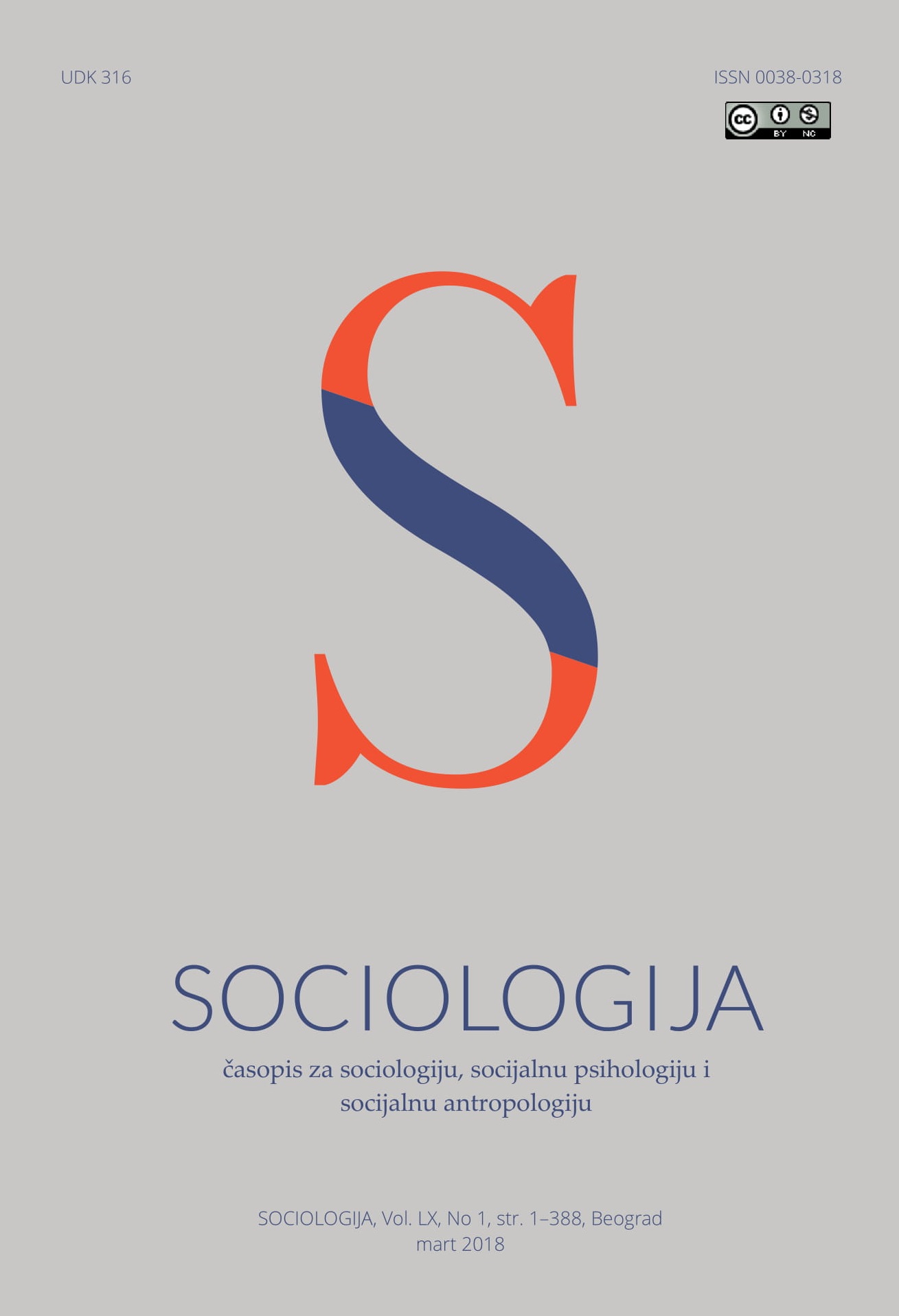Progressivist Gender-Based Activism as a Means of Social Antagonism in Hungary Through Two Case Studies
Progressivist Gender-Based Activism as a Means of Social Antagonism in Hungary Through Two Case Studies
Author(s): Dalma Feró, Orsolya BajuszSubject(s): Gender Studies
Published by: Sociološko naučno društvo Srbije
Keywords: East-West slope; moral geopolitics; self-colonization; progressivism; redistribution; recognition; homo-nationalism; vigilante citizens; spokespersons; virtue signalling
Summary/Abstract: The endorsing of ‘progressive’ issues is embedded in the imaginary of the East-West slope. It is especially issues defined more in terms of recognition than redistribution and framed in terms of individual tolerance that have become emphatic signifiers of ‘progress’, ‘Western’/‘European’ values, and thus the civilizational and moral hierarchy of the East-West slope. Aligning oneself with these issues (such as LGBT rights, liberal anti-racism, liberal feminism) on the periphery of Europe is a means of distinguishing oneself against the rest of the ‘backward’ country or region. As a strategy of raising one’s social status it is a tool of social antagonism. We look at two case studies from Hungary to analyse how progressivist narratives are enmeshed in self-colonization. We conduct discourse analysis to examine how self-appointed advocates activate the West-East hierarchy as they claim to morally elevate society, and how this progressivist narrative feeds a populist mobilization that increasingly uses ‘gender’ as a symbol for corrupting foreign forces. We argue that representing social issues such as women’s disadvantages as a matter of tolerance rather than as a deep-seated, structural, material issue serves as a mutual legitimating mechanism for the progressivist actors who accomplish it and the region’s position in the global world order.
Journal: Sociologija
- Issue Year: 60/2018
- Issue No: 1
- Page Range: 177-193
- Page Count: 17
- Language: English

